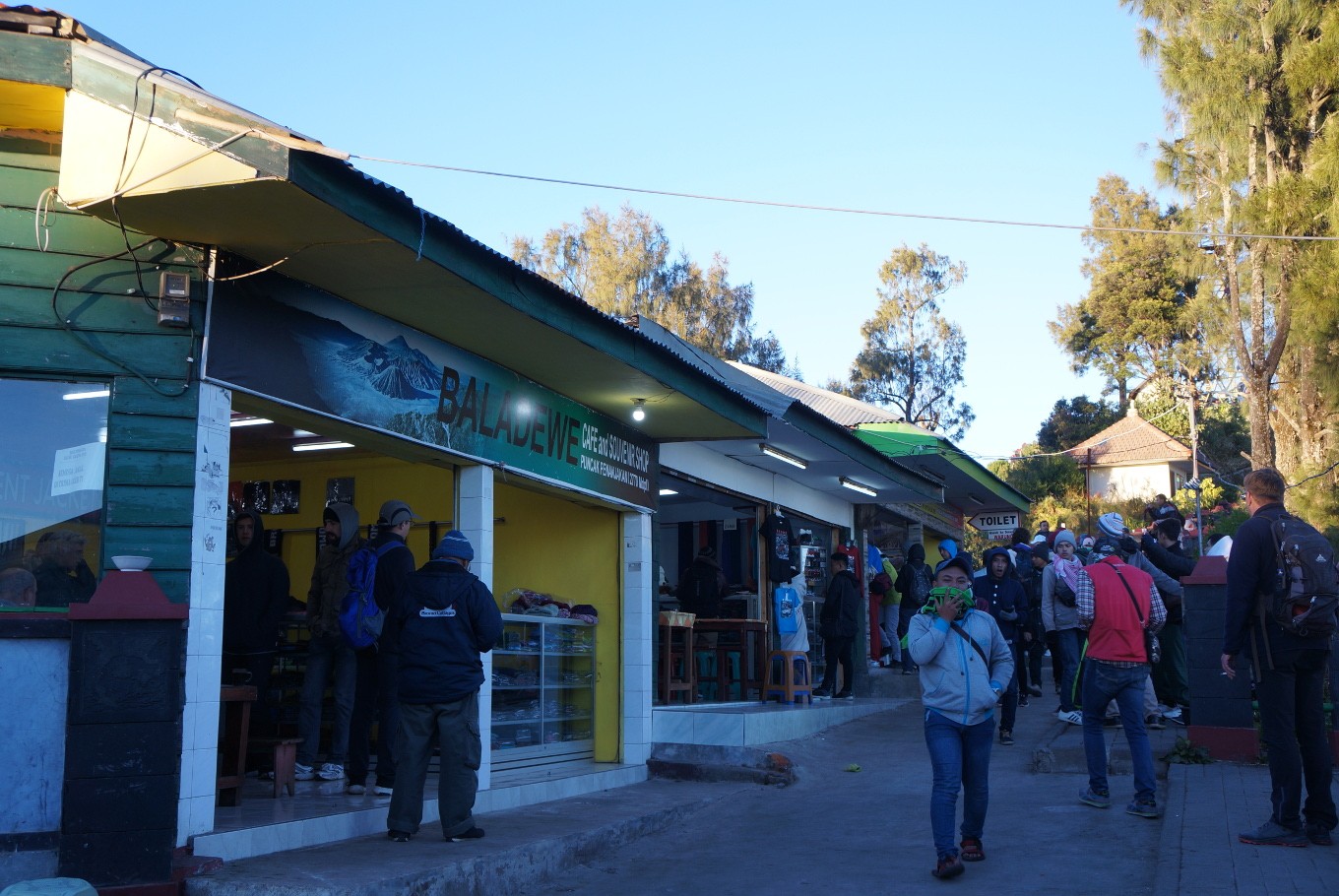Popular Reads
Top Results
Can't find what you're looking for?
View all search resultsPopular Reads
Top Results
Can't find what you're looking for?
View all search resultsSmall businesses cry for lifeline as government aid underway
Change text size
Gift Premium Articles
to Anyone
S
ome 37,000 small and medium enterprises (SMEs) have reported difficulties to the government, crying for help as government aid has yet to reach their bleeding operations, with some forced to close shop amid the pandemic.
According to the Cooperatives and SME Ministry, most of the reports came from micro businesses, related to declining sales, funding, goods distribution and access to raw materials. The government is reviewing these reports to better target incentives as it is preparing economic stimuli for micro, small and medium enterprises (MSMEs).
The stimuli would include tax waivers for six months and loan relaxation even for borrowings of less than Rp 10 million (US$645), said Cooperatives and SMEs Minister Teten Masduki on Wednesday. They would also cover cash transfers for micro-scale businesses and easing MSMEs access to new loans for survival.
“The president requested for this loan relaxation to be applied as wide as possible, especially for micro businesses,” Teten said after a virtual meeting with President Joko “Jokowi” Widodo. “We have also agreed to integrate the cash transfer program and the food card program with micro businesses like warung [traditional eateries], so they can still survive and have an income.”
SMEs contribute more than 60 percent to Indonesia’s gross domestic product (GDP), ranging from small shops and warung to distributors of consumer products, batik workshops and craft makers. There are 70 million SMEs with outstanding loans to financial institutions.
Jokowi said he wanted the loan relaxation for all SMEs as soon as possible. “Don’t wait until the businesses are closed. Don’t wait until it’s too late and create disruption among the public,” he said.
Not all would be supported, however, as the Cooperatives and SMEs Ministry is reviewing eligibility of the micro and small businesses to receive aid, said the ministry’s special staffer on creative economy empowerment, Fiki Satari. The ministry will be coordinating with the Finance Ministry, the Coordinating Economic Ministry and the Financial Services Authority (OJK) to finalize the stimuli.
Indonesia SME Association chairman Ikhsan Ingratubun said he appreciated the government’s plan to support SMEs; however, most small and medium businesses had already temporarily closed or seen a steep decline in revenues. Such a condition had limited their daily cash flow which they relied upon heavily to finance their daily operations and pay for their liabilities.
“The government must relieve us from paying taxes, because where are we supposed to get the cash from in times when our daily operation is limited?” he told The Jakarta Post on Thursday.
Ikhsan still deemed the stimulus insufficient to keep small and medium businesses from succumbing to the COVID-19 crisis and called for broader incentives for electricity that still burdens them.
The government announced free electricity for three months starting April for 24 million households in the 450-volt ampere (VA) category, the lowest of six categories listed under existing regulations. It will also provide a 50 percent discount for 7 million households in the 900 VA category, the second-lowest category, for the same three months.
“The government should broaden the incentives to other categories as well, because bigger businesses are in a cash crunch,” said Ikhsan.
The Cooperatives and SMEs Ministry suggested that SMEs convert their businesses to meet current demand, such as making masks and coveralls, as the government’s large-scale social distancing (PSBB) policy had forced business owners to close shops and as demand weakens with people staying at home.
“This effort could help fulfill the domestic demand for personal protective equipment [PPE] and masks, as well as help them fulfill their daily needs during this pandemic,” said Victoria Simanungkalit, the ministry’s undersecretary for production and marketing.
The ministry is also working with industrial goods supplier PT Daruma Adira Pratama to help SMEs produce appropriate PPE that correspond to the Health Ministry’s medical equipment standards.
Currently, around 330 SMEs from 16 provinces have joined the program and around 80 have been included in the ministry’s catalog, Victoria said.
The SMEs have also received a total of Rp 127.8 million (US$8,145) worth of orders from potential buyers consisting of 10,276 masks, 962 hazmat suits and 25 pairs of shoe covers, she added.










